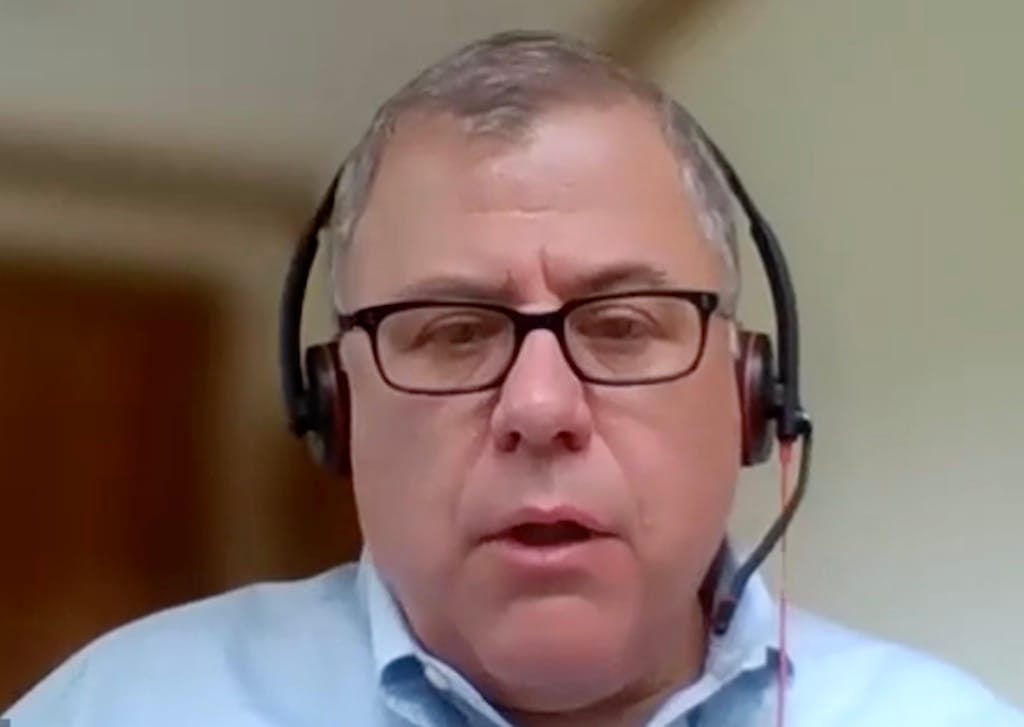U.S. Visa Policy Decreases Opportunity for International IT Standards Leadership
The ability of the country to host standard-setting conferences is key to its status as a global giant.
T.J. York

WASHINGTON, June 6, 2022 – Policy experts in May highlighted challenges to U.S. leadership in information technology standards, with lack of visa access to foreigners entering the country emerging as a problem area for the country.
That’s because foreign participation in U.S.-hosted standards meetings have been shown, according to the experts, to attract more participation on those standards.
“[D]ifferent studies show that when you host a meeting in a country, you get more participants from that country,” Phil Wennblom, Intel’s director of standards, said at a US Telecom event last month.
“And right now the U.S. is a fantastic venue for standards meetings – people love to come to the U.S. Except for all the difficulties of getting a visa and entry in the country,” he added.
According to Chris Boyer, AT&T’s vice president of global security and technology policy and another participant in USTelecom’s event, most standards meetings are currently hosted overseas, emphasizing the need for continuous research and development to maintain American power, “The best way to influence standards is to have the best tech.”
Discussions on IT standards take place against the backdrop of a technological battle brewing between the West and China and Russia to advance global IT policy toward their own interests. Last week, a panel at an Atlantic Council event noted that it cannot be assumed that Russia won’t be the next representative of the United Nations’ technology regulator, the International Telecommunications Union, just because it is in the midst of a war.
Wennblom also emphasized than in order for adopted standards such as on cybersecurity to be trusted and accepted as methodologically sound, they must be developed in committees with “wide participation and wide visibility” and “when it is fully transparent and all sorts of diverse experts participate.”
Wennblom stated a need for visa barriers to be reduced so that the U.S. may host more of such meetings and create more opportunity for itself in dialoguing on global standards.









Member discussion